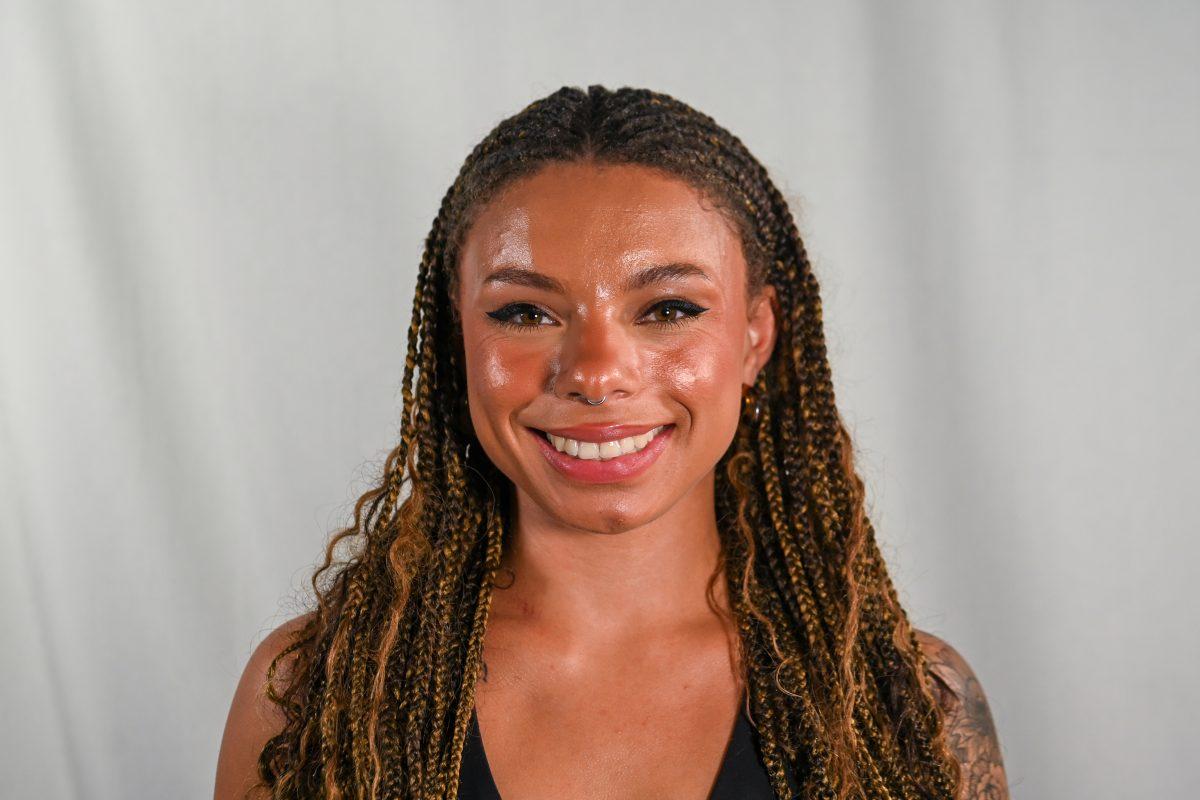Editor’s Note: This article contains reference to sexual assault.
When I was 13, I was coerced into sexual acts that I had no desire to participate in, and the shame I felt for years afterwards was a product of self-guilt. What I didn’t know at the time was that I was a victim, and that not fighting back did not mean that I was not sexually assaulted.
The phrase “sexual assault” is often viewed as synonymous with rape, and the word “rape” is often viewed as synonymous with a brutal attack by the perpetrator or violent struggle by the victim. Consequently, how society frames the discussion of sexual assault when it is not violent is extremely problematic.
Fortunately, scholarship and general societal discourse has redefined consent in recent years, calling for enthusiastic consent every time sexual activity occurs.
We have moved away from believing the absence of a “no” is the presence of a “yes,” and we have moved away from the misconception that physiological responses to sexual stimulation — such as lubrication, an erection, audible reactions and even orgasm — are indicators of consent. And yet, misconceptions surrounding whether or not an event constitutes sexual assault are still prevalent.
Of the women who have reported rape or attempted rape in their lifetime — which is one in five women in the U.S. — one in three of these women have experienced it for the first time between ages 11 to 17. Given that so many women have been victimized at such a young age, it only makes sense that additional young women and girls were subject to similar forms of violence yet were unable to label it as such.
Men are disproportionately absent from the conversation of sexual violence altogether, creating an even more dangerous network of rhetoric surrounding what constitutes assault.
Men 18 to 24 who are in college are five times more likely than non-students of the same age to be sexually assaulted. Additionally, one in 10 men are victims of sexual assault. Although women and girls are statistically at higher risk for sexual assault than men, these statistics generate a discourse that discourages men from acknowledging their sexual assault for what it is.
Another reason individuals might struggle to categorize their experience as assault pertains to whether or not they believe it will be upheld in a court of law. Whether or not it is a conscious thought, if victims feel their offender would not be able to be prosecuted by our justice system, if they do not feel that they were a victim to a genuine crime, they may not view themselves as a victim at all.
This is an especially troublesome way of viewing sexual assault given that only 25 out of 1,000 perpetrators of sexual violence will face prison.
With such a small portion of assailants facing criminal sentences, society runs the risk of constructing an even more worrisome cycle — one in which the definition of sexual assault grows ever more constricted and victims are incapable of claiming sexual autonomy.
Let me be clear — I am not calling for a mass arrest of people accused of sexual misconduct. I am, however, stating that the success of arrests or criminal prosecutions is not an indicator of the victim’s validity.
It is imperative that we, as a society, begin to recognize the many covert ways that sexual violence makes its way into the lives of young adults and college students in particular due to the long-term repercussions of sexual assault.
For example, according to the Rape, Abuse & Incest National Network, 38% of sexual violence victims face work or school-related problems, and 70% experience moderate to severe levels of distress after the incident. Additionally, people who have been sexually assaulted are 10 times more likely to use major drugs other than cocaine and marijuana.
These quantitative results do not, however, capture the overall feelings of self-guilt, shame and loneliness that victims of sexual violence harbor.
People from all backgrounds and identities find themselves in unhealthy sexual situations and unequipped with the language and knowledge to call their assault what it is. Many people are coming to recognize that they were assaulted later in life, months or years after the incident. However, we should be talking about sexual violence in a manner that allows people to acknowledge what they have been through when or soon after it happens.
To anyone who has invalidated their own experience of sexual violence, telling themselves that it wasn’t “that bad” or that they “didn’t put up enough of a fight” to prevent a sexual act from occurring, I am here to tell you that you are seen.
If you did not enthusiastically consent to sexual activity, then you did not consent at all.
The line between consensual and non-consensual sexual activity is not blurry; it’s actually quite clear. If a shadow of a doubt exists in your mind, honor it. Your assault is valid too.














